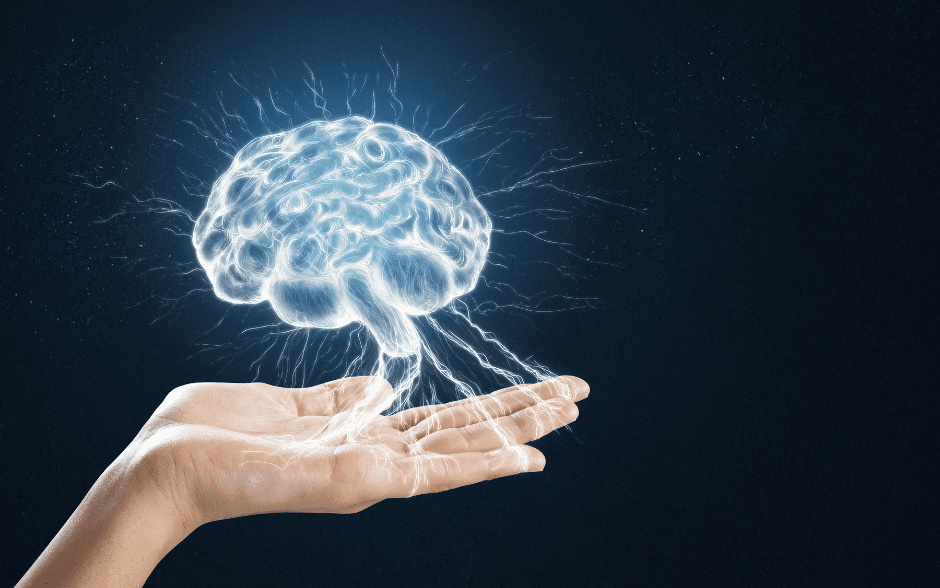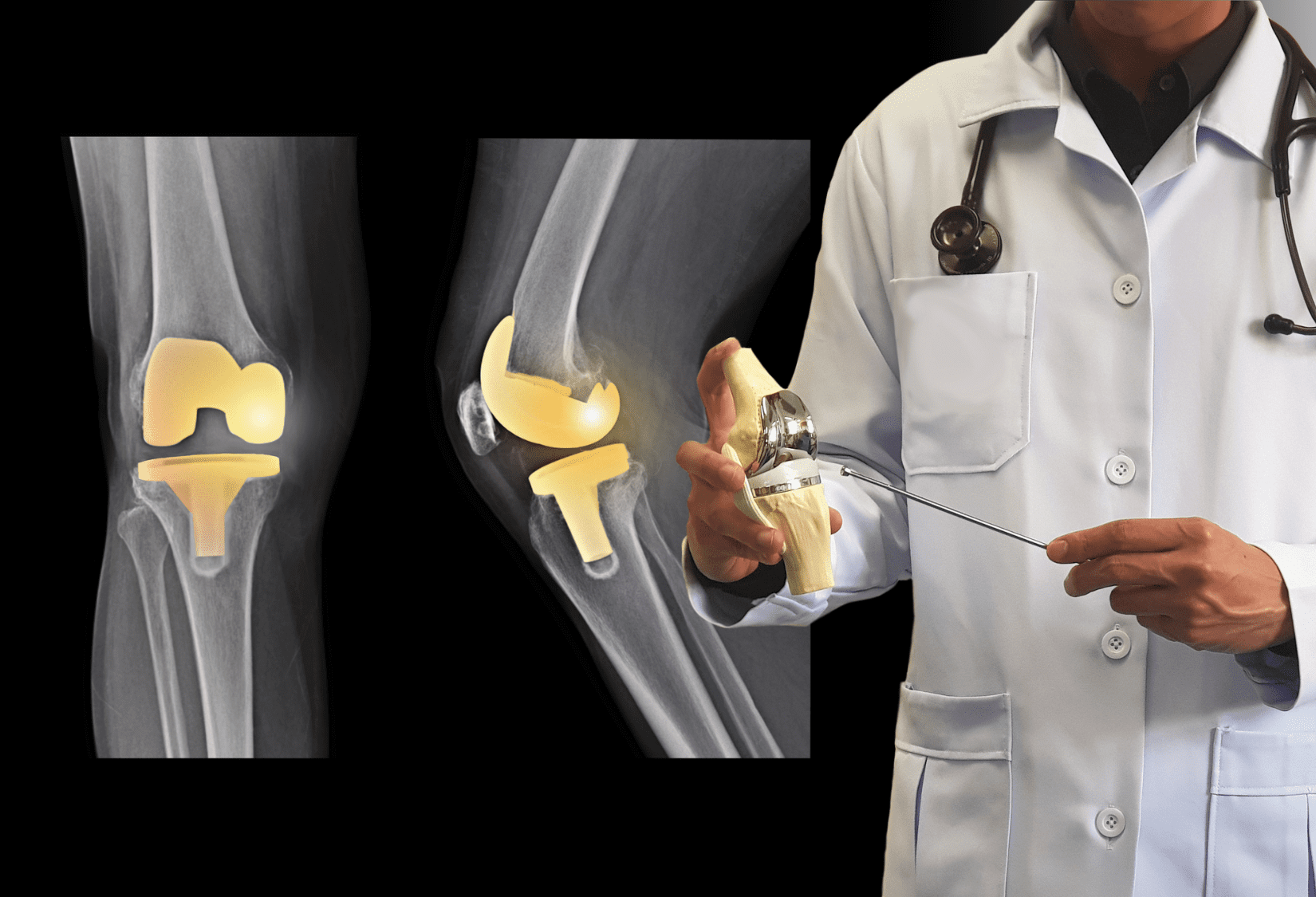Światowa Organizacja Zdrowia szacuje, że około 6,1 miliona osób na całym świecie cierpi na chorobę Parkinsona. Do 2040 r. ta liczba może wzrosnąć do około 13 milionów ze względu na wydłużający się czas życia oraz lepsze metody terapeutyczne. Jak wygląda życie z chorobą opowie dzisiaj jedna z naszych pacjentek, pani Alexandra oraz jej fizjoterapeutka, magister Ewa Kręcisz.
Pani Alexandra jest Twoją pacjentką od dwóch lat. Kiedy zauważyłaś pierwsze objawy, mogące wskazywać na chorobę Parkinsona?
Ewa: Pani Ola zgłosiła się do nas z silnym bólem pleców. Podczas pierwszej wizyty zauważyłam, że chodzi pochylona i szura nogami. Objawy mogły wskazywać na rozwijającego się Parkinsona, ale zważywszy na ból pleców i wiek pani Alexandry, wcale nie musiały. Co więcej, nie miała charakterystycznego drżenia ręki, które w znakomitej większości przypadków pojawia się jako pierwsze.
Łatwo jest przeoczyć pierwsze symptomy choroby?
Ewa: Tak, bardzo łatwo. Parkinson rozwija się bardzo długo, na początku nie dając żadnych objawów albo tak łagodne, że nie zwraca się na nie w ogóle uwagi. Dopiero znaczny brak dopaminy w mózgu po kilku a nawet kilkunastu latach sprawia, że pojawia się charakterystyczne drżenie ręki, brak mimiki twarzy i balansowania jedną z rąk czy charakterystyczny “posuwisty” krok, kiedy chory niemalże nie odrywa stóp od ziemi.
Kiedy w październiku tego samego roku pani Ola pojawiła się u nas ponownie, zaczęłam zastanawiać się, czy to jednak nie Parkinson. Poza pogłębiajacymi się problemami z postawą zauważyłam łagodną bradykinezję, czyli spowolnienie ruchów, które często pojawia się wczesnej fazie choroby. Zasugerowałam wtedy, żeby przy okazji wizyty u lekarza rodzinnego porozmawiała o wizycie u neurologa.
Pani Olu, czy w tym czasie zaobserwowała Pani u siebie jakieś objawy?
Alexandra: Zauważyłam, że mam większy problem z poruszaniem się. Szybciej się też męczyłam, bolały mnie stawy, ale myślałam, że to z powodu wieku. Raz przewróciłam się do tyłu, nabiłam sobie porządnego guza. W tym czasie miałam już problemy z kolanami, więc pomyślałam, że stąd ten upadek. Jakoś nie przyszło mi do głowy, że to może być Parkinson.
Jak i kiedy trafiła Pani do neurologa?
Alexandra: Chodziłam na fizjoterapię do pana Krzysztofa w P D Rehab i on na jednej z wizyt poprosił, żebym coś napisała na kartce. Zaczęłam pisać jak zawsze, bardzo dużymi literami, ale zmniejszały się coraz bardziej i bardziej. I wtedy pan Krzysztof powiedział że to książkowy objaw choroby Parkinsona i nie można tego lekceważyć.
Ewa, dlaczego testowaliście pisanie?
Ewa: Jednym z charakterystycznych objawów tej choroby jest tak zwana mikrografia – chorzy piszą “drobnym maczkiem” zaczynają linijkę normalnie a dalej litery tak się zmniejszają, że stają się nieczytelne, kierunek stawiania liter zmienia się często, mają problem z prawidłowym napisaniem liter lub całych słów. Kiedy zobaczyliśmy, jak pani Ola pisze, nie mieliśmy wątpliwości, że powinna udać się do specjalisty.
Pani Olu, co było dalej?
Alexandra: Umówiłam się do neurologa w Northwestern Hospital. Siedziałam na korytarzu z jeszcze jedną pacjentką, kiedy lekarz wyszedł z gabinetu. Obserwował mnie, kiedy podnosiłam się z krzesła i szłam do gabinetu. Od razu powiedział, że patrząc na brak mimiki mojej twarzy i sposób, w jaki się poruszam, nie ma wątpliwości co do diagnozy. Przepisał mi leki a niedługo potem poleciałam na dwa miesiące do Polski. To tam odczułam pierwsze silniejsze symptomy choroby. Byłam w uzdrowisku, starałam się ćwiczyć i chodzić na spacery, ale miałam zawroty głowy, byłam bardzo słaba, dwa razy upadłam.
Jak się Pani teraz czuje?
Alexandra: Całkiem dobrze, bo dużo ćwiczę. Już dawno zauważyłam, że im bardziej jestem aktywna fizycznie, tym jest lepiej. Łatwiej mi wstać z krzesła czy chodzić po schodach. Trzy razy w tygodniu przyjeżdżam na rehabilitację do P D Rehab, ćwiczę w domu i staram się jak najwięcej spacerować. Dokuczają mi czasem zawroty głowy w nocy i drżenie całego ciała. Mam problemy z równowagą i zdarza mi się zapominać o różnych rzeczach.
Czy problemy z pamięcią też są jednym z objawów Parkinsona?
Ewa: Tak i mogą występować z różnym nasileniem, ale nie wszyscy zdiagnozowani z Parkinsonem będą też mieli demencję. Miałam już pacjentów, którzy nawet po wielu latach od diagnozy mieli klarowny umysł a jeden z nich po kilkunastu latach wciąż prowadzi własną firmę, zajmując się logistyką i finansami.
Ewo, co byś doradziła osobom chorym?
Ewa: Tak jak powiedziała pani Ola – ruch jest najważniejszy! Dlatego na każdym etapie choroby powinniśmy być aktywni na tyle, na ile jesteśmy w stanie. Specjalistyczna fizjoterapia jest bardzo ważna, bo uczymy się, jak ćwiczyć prawidłowo i radzić sobie w codziennym życiu. Do tego spacery, taniec, joga – cokolwiek, co sprawia nam radość a do tego utrzymuje nas w formie.
Jeśli Ty lub ktoś z Twoich bliskich został zdiagnozowany z chorobą Parkinsona, zadzwoń do nas lub kliknij tutaj, aby umówić się na BEZPŁATNĄ KONSULTACJĘ z jednym z naszych licencjonowanych terapeutów.




















